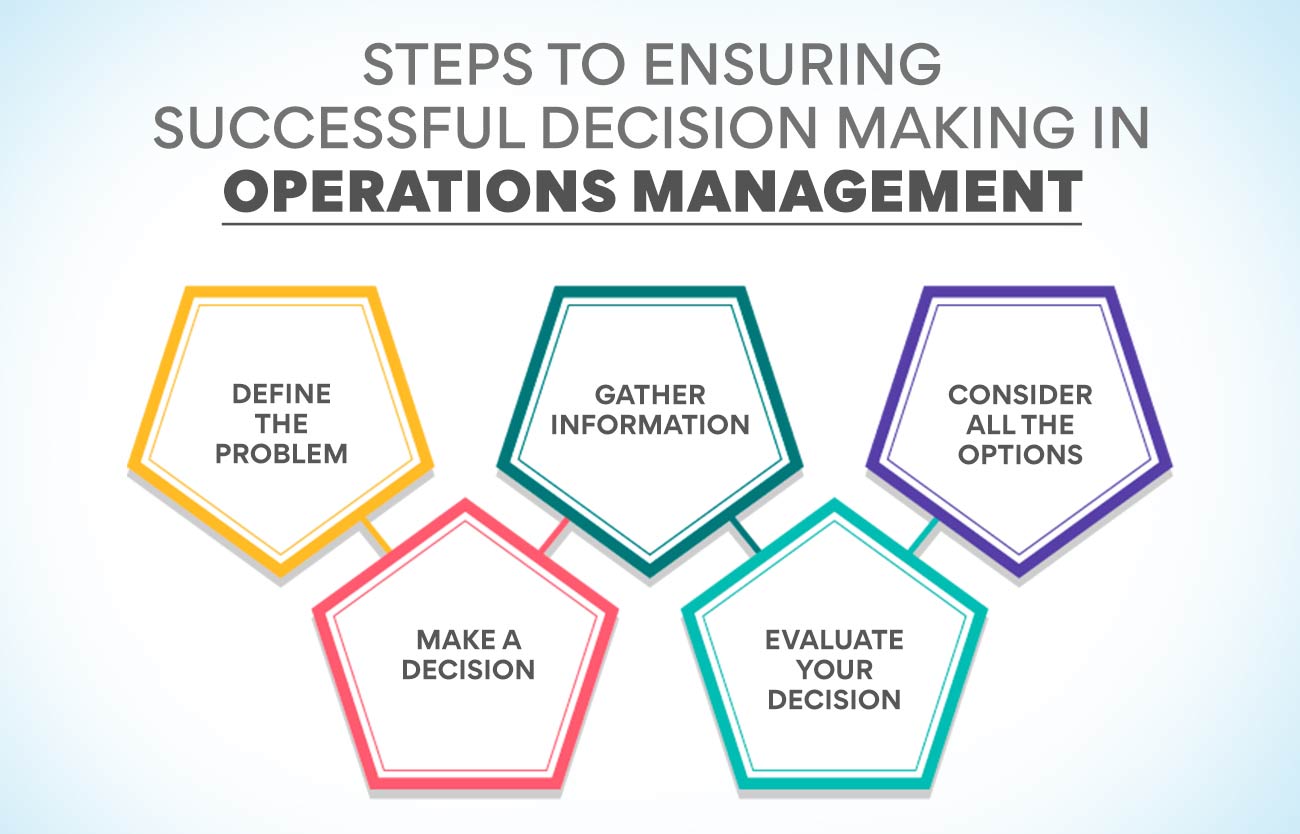Middle Management: Essential For Effective Company Operations And Employee Growth

Table of Contents
Bridging the Gap: Connecting Leadership and Frontline Employees
Middle managers serve as the vital link between senior leadership and frontline employees. They translate the high-level strategic goals set by upper management into actionable plans and tasks for their teams. This crucial role requires exceptional communication skills and the ability to build strong relationships at all levels of the organization. Effective middle management ensures that everyone is working towards the same objectives, minimizing confusion and maximizing productivity.
- Role in disseminating company-wide information: Middle managers are responsible for effectively communicating company announcements, policy changes, and strategic initiatives to their teams, ensuring everyone is informed and aligned.
- Gathering feedback from employees and relaying it to upper management: They act as a conduit for feedback, gathering input from their teams and relaying it to senior leadership, providing valuable insights into employee morale, performance challenges, and potential improvements.
- Addressing employee concerns and resolving conflicts: Middle managers often act as mediators, addressing employee concerns, resolving conflicts, and creating a positive and supportive work environment.
- Examples of effective communication strategies: Regular team meetings, open-door policies, transparent communication channels, and the use of collaborative tools are all effective strategies employed by strong middle managers.
Driving Operational Efficiency and Productivity
Middle managers play a critical role in overseeing day-to-day operations, ensuring efficiency and productivity within their teams. Their involvement in process improvement, resource allocation, and performance monitoring is essential for optimizing workflows and achieving organizational goals. They are directly responsible for the smooth running of their departments and contribute significantly to the overall operational success of the company.
- Implementing and monitoring key performance indicators (KPIs): Middle managers track and monitor KPIs to measure team performance, identify areas for improvement, and ensure alignment with company objectives.
- Identifying bottlenecks and inefficiencies in workflows: They actively identify and address bottlenecks, streamlining processes, and eliminating inefficiencies to improve overall productivity.
- Developing and implementing strategies to improve productivity: Middle managers are responsible for developing and implementing strategies to enhance productivity, such as implementing new technologies or refining existing processes.
- Examples of successful operational improvements: Implementing lean methodologies, adopting project management software, or streamlining approval processes are examples of successful initiatives driven by effective middle management.
- Use of project management tools and techniques: Middle managers often utilize project management tools and techniques, such as Agile or Scrum, to improve project planning, execution, and delivery.
Fostering Employee Growth and Development
Beyond operational efficiency, effective middle management is crucial for fostering employee growth and development. Middle managers act as mentors, coaches, and advocates for their team members, contributing significantly to employee engagement, retention, and career progression. Investing in their leadership skills directly impacts the development of the entire workforce.
- Providing regular performance feedback and constructive criticism: Regular feedback, both positive and constructive, is essential for employee growth. Middle managers provide guidance and support to help their team members improve their performance.
- Identifying training needs and providing development opportunities: By identifying skill gaps and providing access to training and development opportunities, middle managers invest in their team’s future and increase their overall capabilities.
- Creating a supportive and motivating work environment: Middle managers build strong team dynamics, fostering collaboration and creating a positive and motivating work environment where employees feel valued and supported.
- Delegating tasks effectively to foster skill development: Delegating tasks appropriately, providing guidance, and allowing for growth opportunities are key responsibilities of effective middle managers.
- Mentoring strategies and techniques: Utilizing effective mentoring strategies, such as regular check-ins, goal setting, and providing constructive feedback, helps develop employees' skills and confidence.
Strategic Planning and Implementation at the Team Level
Middle managers play a crucial role in strategic planning by translating high-level strategies into actionable team-level goals. They ensure that their teams understand and contribute to the overall company objectives. This involves setting clear goals, monitoring progress, and making necessary adjustments to ensure alignment with the overall strategic vision.
- Setting SMART goals for their teams: Middle managers set Specific, Measurable, Achievable, Relevant, and Time-bound goals for their teams, ensuring clarity and focus.
- Monitoring progress towards goals and adjusting plans as needed: They regularly monitor progress, identifying potential roadblocks and making necessary adjustments to plans to ensure goals are met.
- Identifying and mitigating risks: Middle managers proactively identify and mitigate potential risks that could impact their team's performance and the achievement of organizational goals.
- Effective use of performance management systems: Middle managers effectively utilize performance management systems to track progress, provide feedback, and identify areas for improvement.
Conclusion: Investing in Effective Middle Management for Long-Term Success
In conclusion, effective middle management is not merely a component of a successful organization; it's the backbone. From bridging the communication gap between leadership and employees to driving operational efficiency, fostering employee growth, and facilitating strategic implementation, strong middle management teams are essential for long-term success. Investing in training and development for your middle managers is an investment in your company's future. By nurturing the skills and capabilities of your middle management team, you cultivate a more productive, engaged, and ultimately more successful organization. Invest in strong middle management teams to unlock the full potential of your workforce and achieve sustainable growth. For further resources on middle management development, explore online courses and leadership training programs focusing on effective middle management strategies.

Featured Posts
-
 Futbol Argentino De Luto La Muerte De Un Joven Promesa De Afa
Apr 30, 2025
Futbol Argentino De Luto La Muerte De Un Joven Promesa De Afa
Apr 30, 2025 -
 Compliance With The Latest Cnil Ai Guidelines A Step By Step Guide
Apr 30, 2025
Compliance With The Latest Cnil Ai Guidelines A Step By Step Guide
Apr 30, 2025 -
 Carnival Cruise Lines 7 Big Announcements For Next Month
Apr 30, 2025
Carnival Cruise Lines 7 Big Announcements For Next Month
Apr 30, 2025 -
 Protecting User Data In Mobile Apps Compliance With Cnil Regulations
Apr 30, 2025
Protecting User Data In Mobile Apps Compliance With Cnil Regulations
Apr 30, 2025 -
 Which Cruise Lines Does Carnival Own A Comprehensive Guide
Apr 30, 2025
Which Cruise Lines Does Carnival Own A Comprehensive Guide
Apr 30, 2025
Latest Posts
-
 Nha Vo Dich Dau Tien Cua Giai Bong Da Thanh Nien Sinh Vien Quoc Te Cau Chuyen Lich Su
Apr 30, 2025
Nha Vo Dich Dau Tien Cua Giai Bong Da Thanh Nien Sinh Vien Quoc Te Cau Chuyen Lich Su
Apr 30, 2025 -
 Bong Da Sinh Vien Tran Mo Man Chung Ket Hap Dan Khan Gia
Apr 30, 2025
Bong Da Sinh Vien Tran Mo Man Chung Ket Hap Dan Khan Gia
Apr 30, 2025 -
 Vong Chung Ket Bong Da Sinh Vien Nhung Pha Bong Man Nhan Tran Dau Tien
Apr 30, 2025
Vong Chung Ket Bong Da Sinh Vien Nhung Pha Bong Man Nhan Tran Dau Tien
Apr 30, 2025 -
 Giai Bong Da Sinh Vien Chung Ket Khoi Dau Soi Dong
Apr 30, 2025
Giai Bong Da Sinh Vien Chung Ket Khoi Dau Soi Dong
Apr 30, 2025 -
 Thong Tin Chi Tiet Ve Giai Bong Da Thanh Nien Thanh Pho Hue Lan Thu Vii Va Doi Vo Dich
Apr 30, 2025
Thong Tin Chi Tiet Ve Giai Bong Da Thanh Nien Thanh Pho Hue Lan Thu Vii Va Doi Vo Dich
Apr 30, 2025
